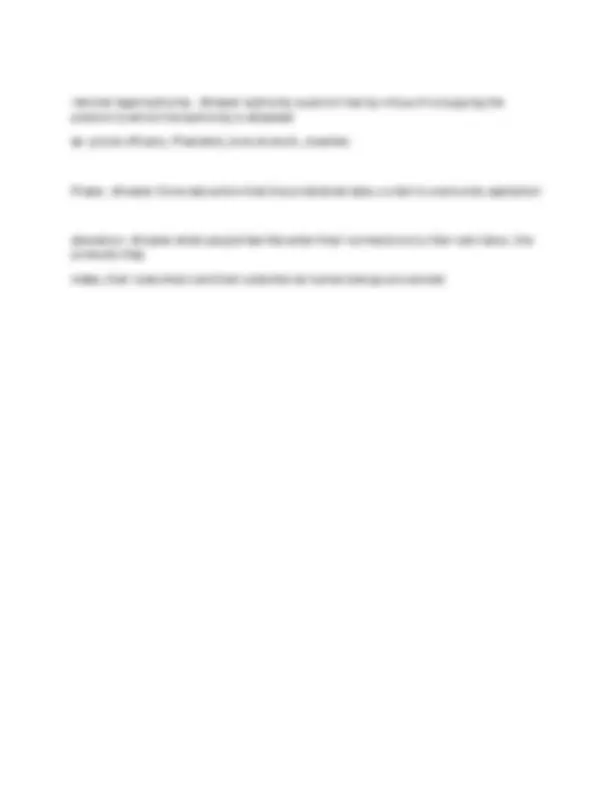



Study with the several resources on Docsity

Earn points by helping other students or get them with a premium plan


Prepare for your exams
Study with the several resources on Docsity

Earn points to download
Earn points by helping other students or get them with a premium plan
Community
Ask the community for help and clear up your study doubts
Discover the best universities in your country according to Docsity users
Free resources
Download our free guides on studying techniques, anxiety management strategies, and thesis advice from Docsity tutors
Definitions and explanations of key concepts in sociological theory, including sociological theory itself, behavior, actions, types of actions, rationality, verstehen, ideal type, authority, praxis, and alienation. It offers a concise overview of these concepts, making it a useful resource for students studying sociology.
Typology: Exams
1 / 3

This page cannot be seen from the preview
Don't miss anything!


sociological theory - Answer A set of interrelated ideas that allow for the systemization of knowledge of the social world, explanations of that world and predictions about the future of that world
behavior - Answer the term Weber (and others) used to describe people do that require little or no thought
Ex: breathing
actions - Answer per Weber and others, the things people do on the basis of conscious processes
Ex: driving
affectual action - Answer emotion based, and therefore non-rational, actions
ex: fighting, crying
traditional action - Answer actions based in custom or habit; also non-rational
ex: getting married
value rational action - Answer actions chosen by an individual because they seem rational, given his/her values
ex: manners (opening the door for someone)
means-end rational action - Answer actions chosen by an individual based on his/her view of the context they are in, where "context" includes any other people or objects also present
ex: taking notes in class for an exam
practical rationality - Answer the type of rationality we use to get through our daily lives, from point A to point B, in the most expedient fashion
ex: directions to class
theoretical rationality - Answer the type of rationality you use to develop increasingly abstract concepts, in an effort to master your world cognitively
substantive rationality - Answer the type of rationality you use when you choose your actions based on your values
ex: faith/religion
formal rationality - Answer the type of rationality you use when you choose your actions on the basis of rules that apply to everyone
Verstehen - Answer Trying to understand another person by "putting yourself in the other person's shoes and walking around in them"
Ex: trying to understand his/her thought processes. Motives, etc & how they led to his/her actions
ideal type - Answer A prototype created to provide a basis for comparison to real life instances of the phenomenon being studied; exists only analytically, not in real life
traditional authority - Answer authority based on longstanding customs or bloodlines
ex: the divine right of kings
charismatic authority - Answer authority based on the leader's personal magnetism or on, as perceived by the followers, his/her "exceptional sanctity", heroism or exemplary character
ex: cult leaders, Barack Obama, the Pope